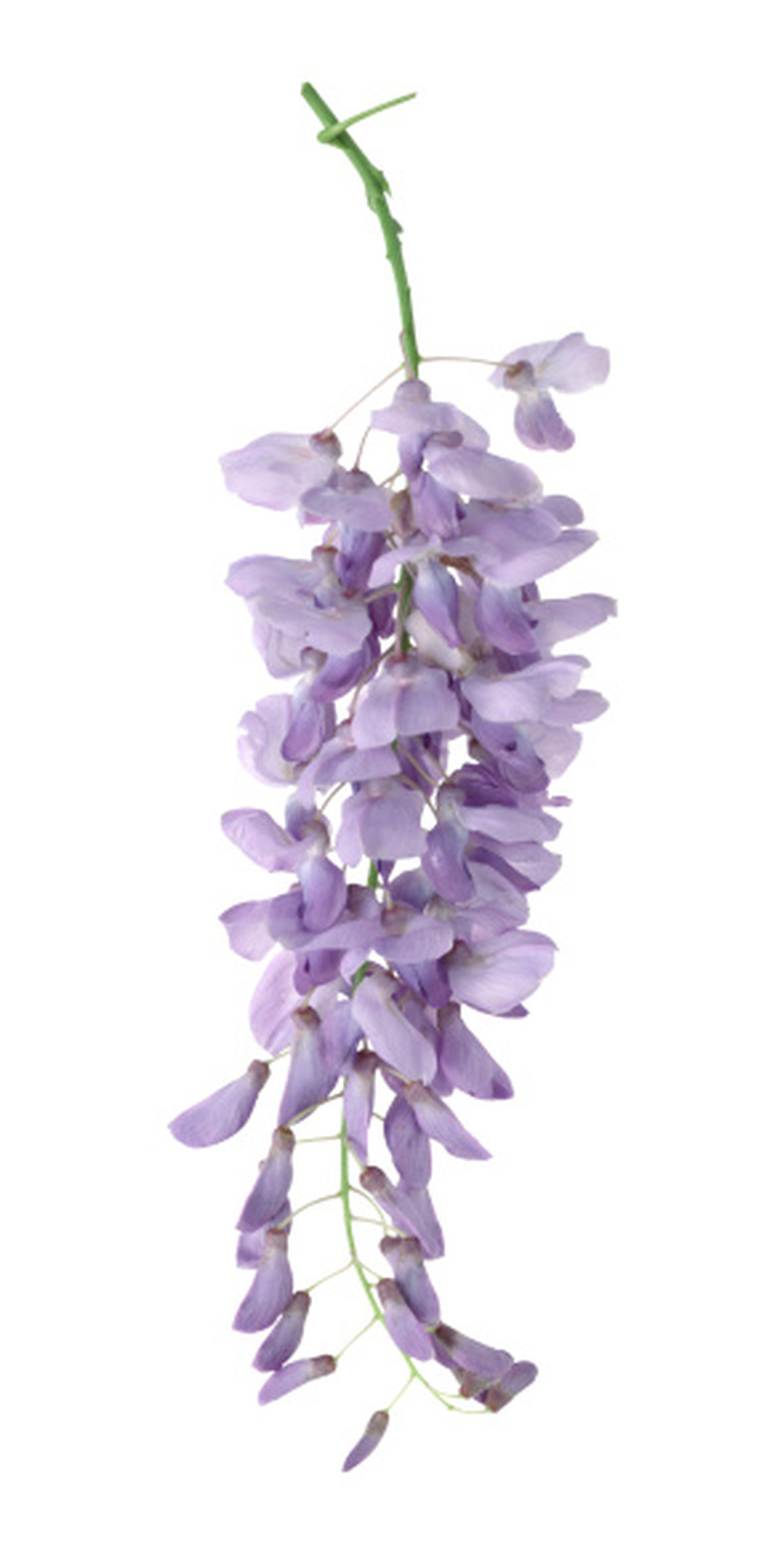What Planting Zones Will Wisteria Grow In?
The Wisteria genus contains several species of deciduous, flowering vines that grow best on structures like walls, trellises, fences and arches. Two of the most common varieties are Chinese wisteria and Japanese wisteria or Wisteria sinensis and Wisteria floribunda respectively.
Types
Chinese wisteria produces blue, purple and white flowers that typically bloom in May. The vine can reach heights of more than 25 feet. Japanese wisteria blooms in 12- to 18-inch clusters of blue, pink, white, purple or violet flowers. Both species are invasive; if you do not prune them, they will take over existing structures and choke out nearby plants.
Zones
Chinese wisteria grows best in United States Department of Agriculture Hardiness Zones 5 through 8, where the average low temperature ranges from minus 20 to 20 degrees Fahrenheit. Japanese wisteria flourishes in hardiness zones 4 through 9. The average low for these areas lies between minus 30 and 30 degrees Fahrenheit. The combined area for growing Japanese and Chinese wisteria covers most of the Southeast, Northeast and Midwest parts of the country.
Conditions
To grow and produce the best flowers, wisteria requires at least six hours of full sun daily. The soil should have a pH between 6 and 7 and be moist rather than dry. Give it a lot of space so that it doesn't overrun other flowers or damage structures or gutters.
